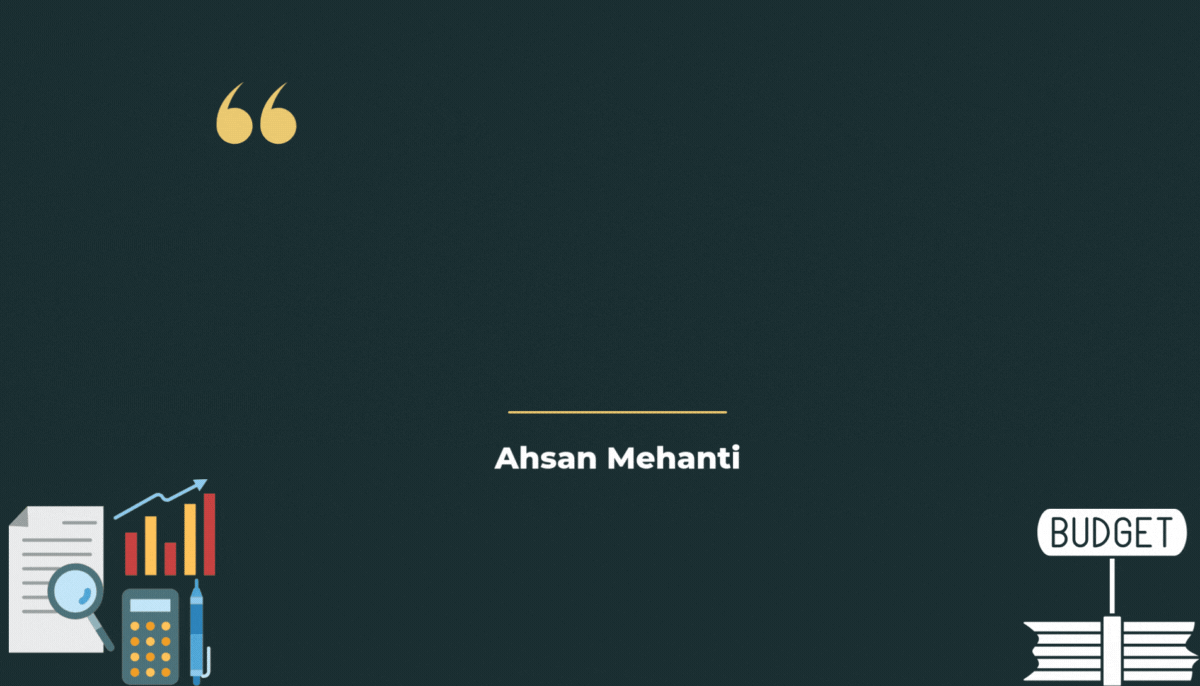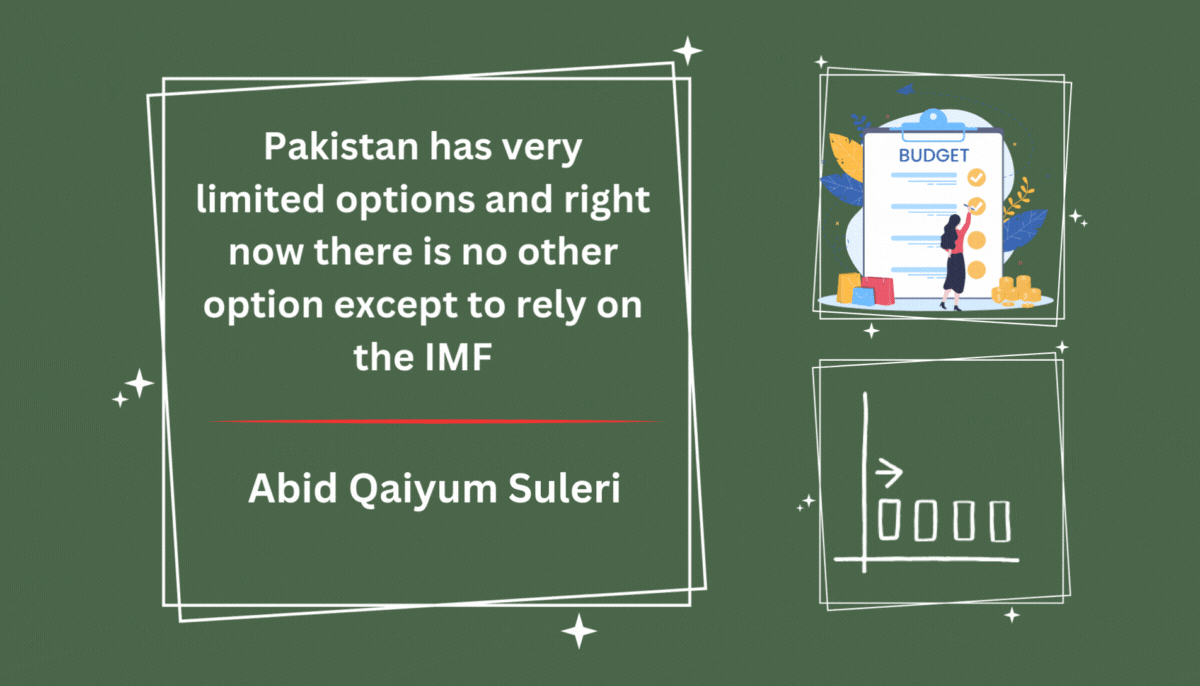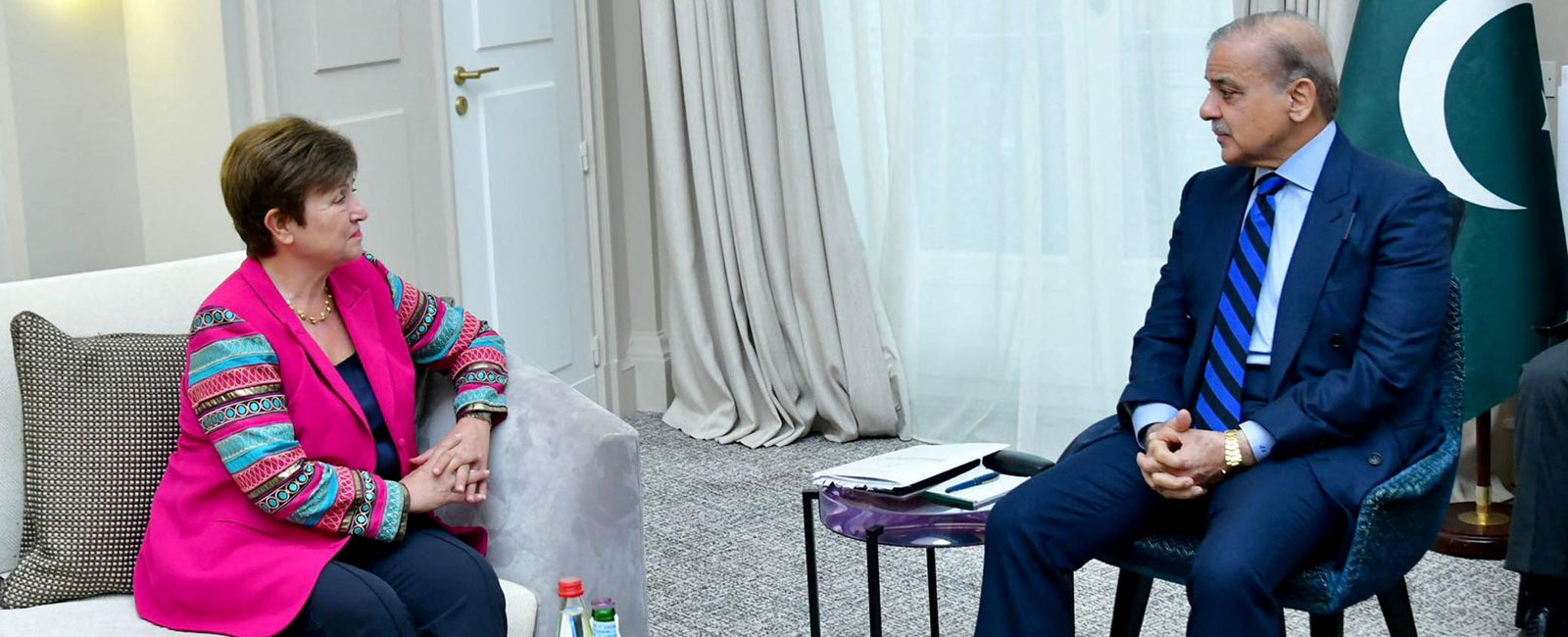Budget FY25: Balancing IMF terms with economic realities
IMF’s involvement in Pakistan’s budget formulation is significant, essentially dictating the framework within which the budget must be crafted

As the Pakistan Muslim League-Nawaz (PML-N) government gears up to present its first federal budget for the fiscal year 2024-25 on June 12, the looming shadow of the International Monetary Fund (IMF) shapes much of the financial discourse.
The country's application for an $8 billion new IMF loan programme underscores its reliance on international financial assistance, which comes with stringent conditions.
Geo.tv reached out to experts to understand the implications of IMF's involvement and the broader economic challenges faced by Pakistan.
IMF's influential role
The IMF’s involvement in Pakistan’s budget formulation is significant, essentially dictating the framework within which the budget must be crafted. Arif Habib Limited Managing Director and CEO Ahsan Mehanti emphasised the importance of adhering to IMF conditions to secure the much-needed financial support.
He explained: "The IMF will approve the new programme once the federal budget adheres to the conditions advised by IMF." These conditions include crucial reforms such as tax reforms, tariff rationalisation, and the elimination of subsidies.

Meanwhile, Abid Qaiyum Suleri, Executive Director of the Sustainable Development Policy Institute (SDPI), elucidated the specifics of these conditions. "The IMF is asking us to balance our expenses with the income," he noted, pointing out that the budgetary policies will focus on reducing expenditures, particularly non-targeted subsidies, and increasing revenue by tapping into under-taxed sectors like retail, agricultural income, and gains from property transactions.
Additionally, measures to reduce energy circular debt by passing on the cost of electricity generation and the price of imported fuel are anticipated.
Economic growth and fiscal sustainability
The impact of the IMF’s recommendations on Pakistan's economic growth and fiscal sustainability is a double-edged sword. On one hand, adherence to IMF conditions can lead to greater fiscal discipline and sustainability. Suleri highlighted that "under the umbrella of an IMF programme, Pakistan will be following fiscal prudence and trying to remain within a pre-agreed target of fiscal deficit."
However, the path to fiscal sustainability is fraught with challenges. Both Mehanti and Suleri acknowledged that the measures required to meet IMF conditions could dampen economic growth in the short term. Mehanti pointed out that high interest rates and higher tax collection targets, alongside new tax measures, will negatively impact economic growth. Suleri added that "many of the measures taken to achieve fiscal sustainability will impact growth negatively, at least in the near future."
Social welfare programmes and public impact
The IMF's recommendations also have significant implications for social welfare programmes. While there may be an increased budget for targeted subsidies aimed at the most vulnerable segments of society, non-targeted subsidies are likely to face cuts. Suleri observed: "Among social welfare programmes, I can see an increased budget for targeted subsidies. However, non-targeted subsidies will get a cut."
This shift in subsidy allocation could exacerbate the economic burden on the middle and lower-income earners, who are already struggling with the high cost of living. The reduction in non-targeted subsidies and the implementation of higher taxes could lead to greater financial strain on these groups.
Alternatives to IMF reliance
Given the substantial influence of the IMF on Pakistan's economic policies, exploring alternatives to IMF reliance is crucial. Mehanti suggested that import substitution could be a viable strategy to mitigate the need for IMF programmes. "Import substitution is a basic resolve to avoid the IMF programmes; the import bill of $65 billion needs to be cut to half," he asserted.
However, Suleri was more sceptical about the feasibility of alternatives in the current economic climate. He argued that Pakistan's options were limited and that relying on the IMF remained the most viable solution in the short term. "Pakistan has very limited options and right now there is no other option except to rely on the IMF," he stated, citing past attempts by different governments to avoid the IMF assistance that ultimately failed.
Risks of continued IMF dependence.
The continued reliance on IMF support carries its own set of risks and drawbacks. Both Mehanti and Suleri highlighted the erosion of Pakistan's policy-making autonomy as a significant concern.
"Pakistan will remain dependent on IMF approval on federal budgets and economic policies related to the SBP [State Bank of Pakistan] and government operations," Mehanti warned, noting that this dependence could hinder economic growth initiatives like the China-Pakistan Economic Corridor (CPEC) and the Special Investment Facilitation Council (SIFC).
Suleri echoed this sentiment, emphasising that "the biggest side effect is that the government will keep on receding its policy-making space to the IMF diktat." This dependency restricts the government's ability to propose innovative solutions and respond flexibly to domestic economic challenges.
Global economic trends and geopolitical dynamics
The IMF's approach to Pakistan is not only influenced by economic considerations but also by global economic trends and geopolitical dynamics. Suleri pointed out that while the implementation of an IMF programme was primarily economic, obtaining waivers or approvals from the IMF involved geopolitical negotiations.
"The executive board of the IMF is dominated by the US and its allies by virtue of their shares," he explained, highlighting the need for Pakistan to balance its relationships with both China and the IMF's major stakeholders.

The AHL CEO added that Pakistan's foreign and economic policies must align with IMF expectations to secure economic support. "There is not much to negotiate given our inability to pay back FX [foreign exchange] dues to lenders," he noted, underscoring the constrained negotiating position Pakistan finds itself in.
As Pakistan prepares to unveil its budget for the fiscal year 2024-25 on Wednesday, the IMF’s involvement looms large over the process. The conditions imposed by the IMF aim to ensure fiscal sustainability but come with significant short-term economic and social costs.
While exploring alternatives to IMF reliance is crucial, the immediate options appear limited. The challenge for Pakistan will be to balance the stringent requirements of the IMF with the need to foster economic growth and protect vulnerable populations, all while navigating the complex web of global economic and geopolitical dynamics.
The writer is a staffer. Visuals and infographics by the author.
Header image: Pakistan Prime Minister Shehbaz Sharif meets with managing director of the International Monetary Fund (IMF), Kristalina Georgieva, in Paris, France June 22, 2023. — Reuters




